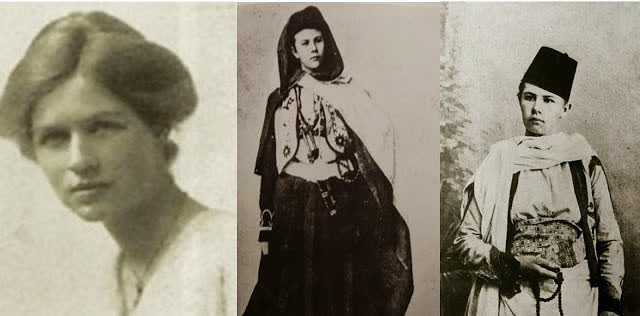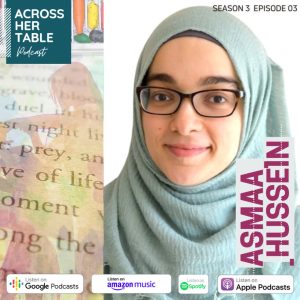According to rahyafteha(the missionaries and converts website):Isabelle Eberhardt, born on February 17, 1877, in Geneva, Switzerland, is remembered as one of the most unconventional and daring women of her time. Her life is a remarkable tale of adventure, exploration, and cultural immersion, especially in the North African region, where she converted to Islam and adopted the name “Si Mahmoud Saadi.”
Early Life and Upbringing:
Isabelle Eberhardt’s early years were marked by tragedy and a sense of non-conformity. She was born to an aristocratic Swiss family and grew up in Algeria, which was then a French colony. Tragedy struck her family when her father, August Eberhardt, died in a flash flood in the Sahara desert in 1892.
Exploration and Writing:
Isabelle’s fascination with North Africa was ignited by her father’s tales of desert adventures. She developed a deep love for the region and its culture. As a young woman, she embarked on a journey of self-discovery and exploration.
Isabelle was a gifted writer, and she began documenting her travels and experiences in the form of journals, essays, and short stories. Her writings captured the essence of the landscapes, people, and cultures she encountered. Her works are characterized by a deep empathy for the marginalized and a keen eye for detail.
Conversion to Islam:
During her travels in North Africa, Isabelle Eberhardt developed a profound connection with Islam and the desert way of life. She was deeply influenced by Sufi mysticism and the spiritual aspects of Islam. In 1901, at the age of 24, she converted to Islam and took the name “Si Mahmoud Saadi.”
Her conversion was not just a matter of religious faith; it was a reflection of her deep integration into the North African society and culture. She adopted local dress and customs, which allowed her to move freely in the male-dominated society of the time.
Challenges and Adventures:
Isabelle’s life was marked by numerous challenges and adventures. She faced opposition and criticism from both European colonial authorities and conservative Muslim leaders who viewed her unorthodox lifestyle with suspicion. She lived in poverty and faced personal hardships, including bouts of illness.
Despite these challenges, Isabelle continued her explorations and writing. She traveled extensively across Algeria and Morocco, often living among the indigenous people. Her writing reflects a deep understanding of the social and cultural complexities of North African societies.

Tragic End:
Isabelle Eberhardt’s life was tragically cut short on October 21, 1904, when she drowned in a flash flood in the desert near Aïn Séfra, Algeria, at the young age of 27. Her adventurous spirit and unconventional lifestyle left an enduring legacy. Her writings, especially “The Oblivion Seekers” and “In the Shadow of Islam,” continue to be celebrated for their literary quality and insights into the Arab and Berber cultures of North Africa.
Isabelle Eberhardt’s life story remains a testament to the power of exploration, cultural understanding, and the pursuit of one’s passions, even in the face of societal norms and adversity. She is remembered as a pioneering figure who bridged the gap between Western and North African cultures during a time of colonialism and cultural misunderstanding.



















